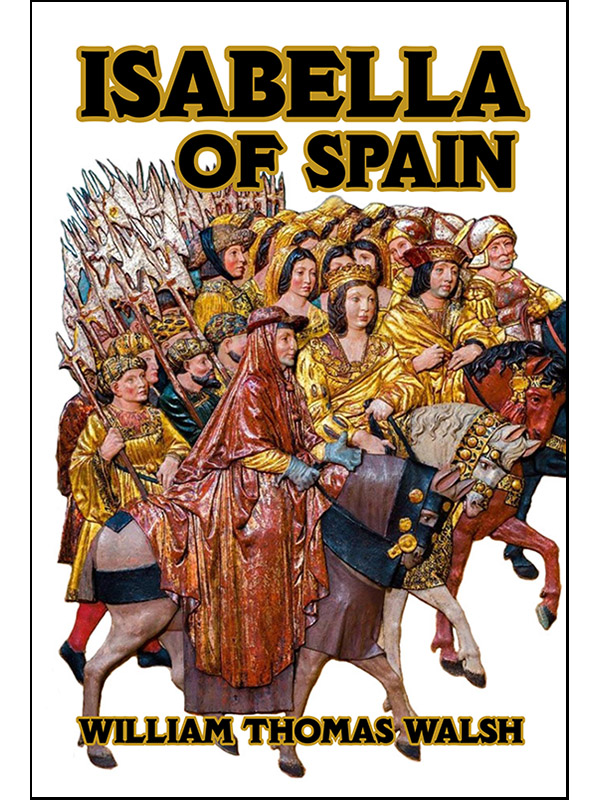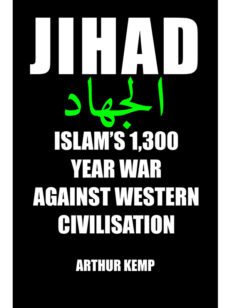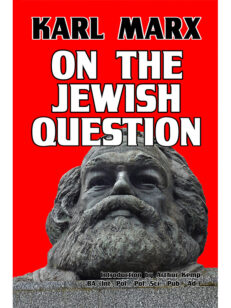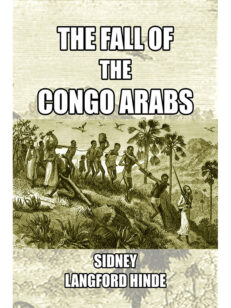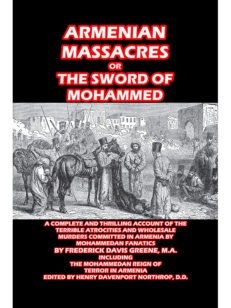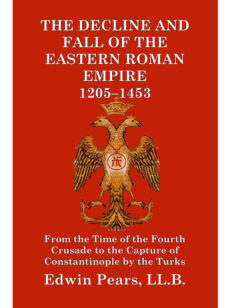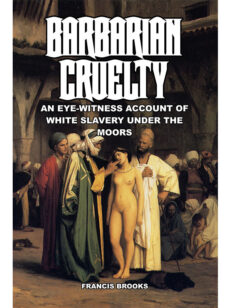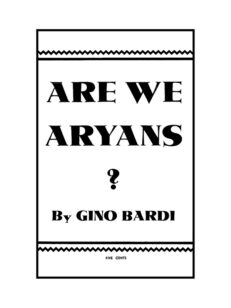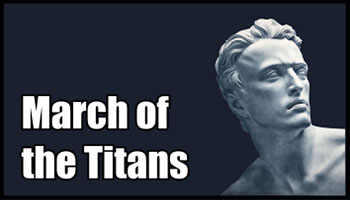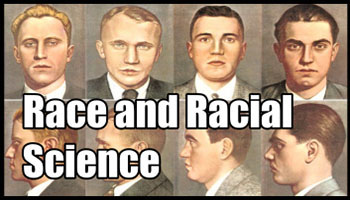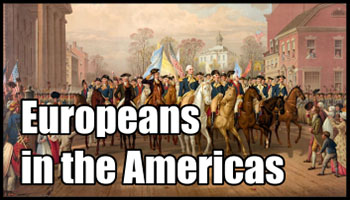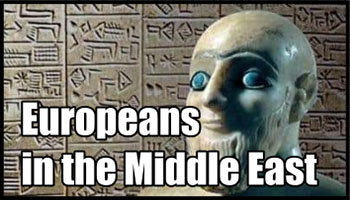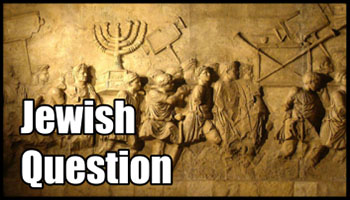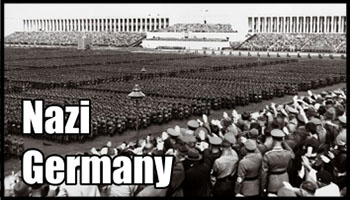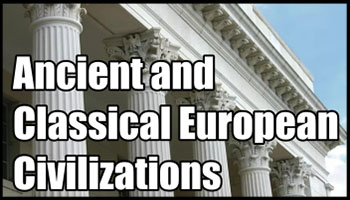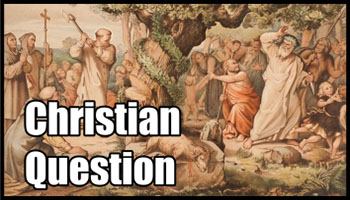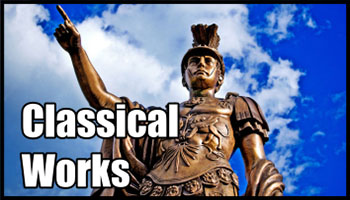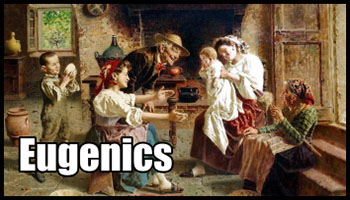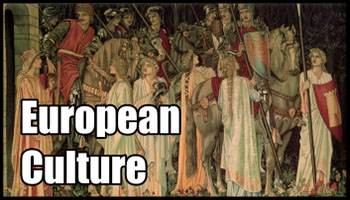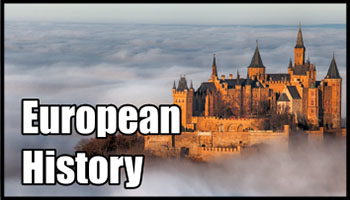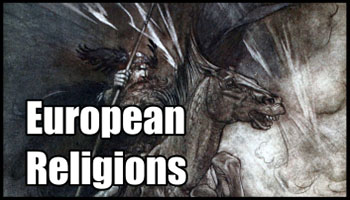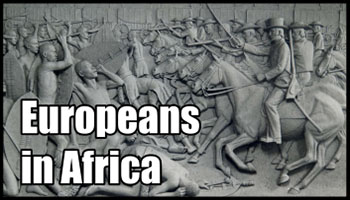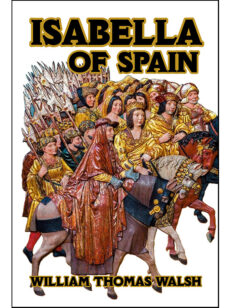Description
By William T. Walsh. A breathtaking and monumental study of Spain’s greatest queen, Isabella, and her direct role in three history-turning events: the expulsion of the last Muslim invaders from Western Europe, the expulsion of the Jews from Spain, and the discovery of the New World by Christopher Columbus—events which all took place in the space of just one year, 1492.
Written by one of America’s foremost professors of English, Isabella of Spain traces in exacting detail the life of the queen from her parents through to her death, drawing upon her own writings and contemporary records.
The gripping story which emerges reveals how the young queen led the last crusade against the invader Muslims, driving them back and finally defeating them at their last stronghold of Granada, ending their 700-year-long invasion of Western Europe—and how she personally sacrificed her wealth and health in this staggering achievement.
Having defeated the Muslim invaders, Isabella’s attention then focused on Spain’s huge Jewish population, and, after determining the full extent of their control of Spanish society, their active collaboration with the Muslim invaders, the extent of their largely fake “conversions” to Christianity in order to avoid detection, and a particularly shocking case of Jewish ritual murder of a young Christian boy by a group of Jews, she took the momentous decision to expel them from Spain.
At the same time, Isabella also financed and gave the go-ahead for Columbus’s epic voyage which opened the New World to European colonization. Isabella was personally responsible for the introduction of all domestic animals to the Americas, and many of its now-common foodstuffs—while at the same time issuing sadly-ignored orders to outlaw slavery in those lands.
When first published, this book, widely acknowledged as the most significant study of the Spanish queen ever written, generated huge controversy because of its detailed description of the negative Jewish influence in Medieval Spain and the role of the Muslim invaders in nearly destroying Western civilization.
This new edition has been completely reset, and illustrated according to the author’s original design. It also includes two new appendices, the first containing the entire text of the Jewish Expulsion Order, and the second, the complete text of the famous 1932 debate between the author and Cecil Roth, one of Britain’s leading Jewish historians, on the subject matter of this book.
About the author: William Thomas Walsh acquired a B.A. from Yale University in 1913, and after working as reporter and teacher, became head of the department of English at Roxbury School. Bu 1933, he had been appointed professor of English at Manhattanville College, New York City. Through his research and writing, Walsh established himself as a historian and absolute authority of 15th and 16th century Europe. He was awarded the Laetare Medale by the University of Notre Dame in 1941 (in recognition of distinguished accomplishment for Church or nation by an American Catholic), and was honored by the Spanish government in 1944 with the highest cultural honor of Spain: The Cross of Comendadore of the Civil Order of Alfonso the Wise. He also received an honorary Litt.D. from Fordham University before retiring in 1947.
Contents:
I The Birth and Childhood of the Infanta Isabel — Her Education — Life at Arévalo
II Enrique IV Sends for the Infanta — Isabel’s Life at Court — The White Knight
III Isabel a Subject of Matrimonial Intrigues — Don Alfonso Declared King of Castile — The Meeting of the Three Kings
IV The Death of Don Alfonso — Isabel Refuses the Crown — The Marriage Settlement With Fernando of Aragon Signed
V The Infanta Isabella’s Secret Betrothal — Her Marriage — The Death of Paul II
VI The Papal Court In 1471 — The Reformations of Sixtus IV — Cardinal Borgia’s Mission to Castile — The Death of Enrique IV
VII The Coronation of the Infanta Isabel As Queen of Castile — The Queen Restores Order at Court — Cardinal Mendoza’s Rise to Power — Beginning of War With Portugal
VIII The Queen’s Military Genius — The Church Sacrifices Her Treasures — The Battle of Toro — Defeat of Alfonso V of Portugal
IX Restoration of Order in the Kingdom — Severity of the New Measures — The Young Infanta in Danger of Capture — The Rescue
X The Queen Assumes Control of the Order of Santiago — Cárdenas Appointed Grand Master — The Moors Refuse to Pay Tribute
XI The Queen’s Entry Into Seville — The Subjection of the Insurgents — Birth And Baptism of Prince Juan
XII The Church’s Enemies — The Cathari — The Origin and Growth of the Inquisition
XIII Reorganization of the Government — The Treaty of St. Jean De Luz — The Mohammedan Advance through the Mediterranean — The Massacre of Otranto
XIV The Jews’ Activities In Spain — Their Persecution in Europe — The Conversos — Establishment of the Spanish Inquisition
XV The Jewish Conspiracy — Punishment of the Ringleaders — Spain Swept by the Plague
XVI Death of Mohammed II — The Inquisition Incurs the Pope’s Censure — The Moors Take the Offensive
XVII The War — Alhama — Loja — Malaga — Disaster
XVIII The Conflict of Moor and Spaniard — Boabdil — Relations With France — Tarragona
XIX Censure of the Spanish Inquisition by Pope Sixtus IV — Its Reform by Torquemada
XX Reorganization of the Army — The Christians Defeated Near Moclin — Their Victories at Ronda, Cambil and Albahar
XXI Columbus First Appears at Court — His Plans and Proposals — The Crusade against Islam
XXII Europe In Peril — The Siege of Malaga — Surrender — The King’s Blunder
XXIII The Three Friars — The Return to the South — The Siege and Capitulation of Granada
XXIV Triumph in Europe — The Sovereigns Decide to Fit Out Columbus for his Expedition
XXV The Trial of Benito Garcia — Expulsion of the Jews — Ritual Murder
XXVI Columbus Sails — Peace and Reconstruction — Francisco Ximenes
XXVII Charles VII of France — Plot and Counter-Plot — attempted Assassination of the King
XXVIII The Return of Columbus — The Ship’s Log — The Invasion of Italy
XXIX Charles VIII Outwitted — Spain Becomes a First Rank Power — Royal Alliances
XXX Unrest Among Columbus’s Crew — His Character — Marriage and Death of the Prince Don Juan
XXXI The Misfortunes of Alexander VI — Savonarola — Columbus Returns from his Third Voyage in Chains
XXXII The Division of Naples — Spain Dominates Italy — Revolt in Granada
XXXIII The Princess Catalina Marries the Prince of Wales — Queen Isabel’s Last Campaign — Her Illness and Death
Appendix I: The Full Text of Isabella’s Order to Expel the Jews From Spain, 1492
Appendix II: Debate Between British Jewish Historian Cecil Roth And William T. Walsh, As Conducted in the pages of the Dublin Review, 1932
Selected Bibliography
Index
Illustrations
Queen Isabel
Enrique IV, “El Impotente”
Juana—”La Beltraneja,” claimant to the throne of Castile
Prince Alfonso, Isabel’s brother
Fernando of Aragon
The King and Queen, as depicted at the Memorial Chapel at Granada
Isabel and Fernando with their children at prayer
The King and Queen on horseback riding across Spain
On a Spanish highway in the fifteenth century
The Alcázar of Segovia, the scene of Isabel’s heroic rescue of her daughter, the Infanta Isabel
Christopher Columbus, “The adventurer, the poet with the gray eyes”
A patio of the Alhambra, whence Isabel sent Columbus on his voyage of discovery
Replica of the “Santa Maria,” the flagship of Columbus
The arms of Boabdil
Torquemada, Inquisitor-General of Castile
Ximenes, Primate of Castile, Isabel’s greatest spiritual adviser
The simple lead coffins of the King and Queen in the crypt at Granada
Map of Spain showing the boundaries of the various kingdoms in the fifteenth century
646 pages. Paperback.

